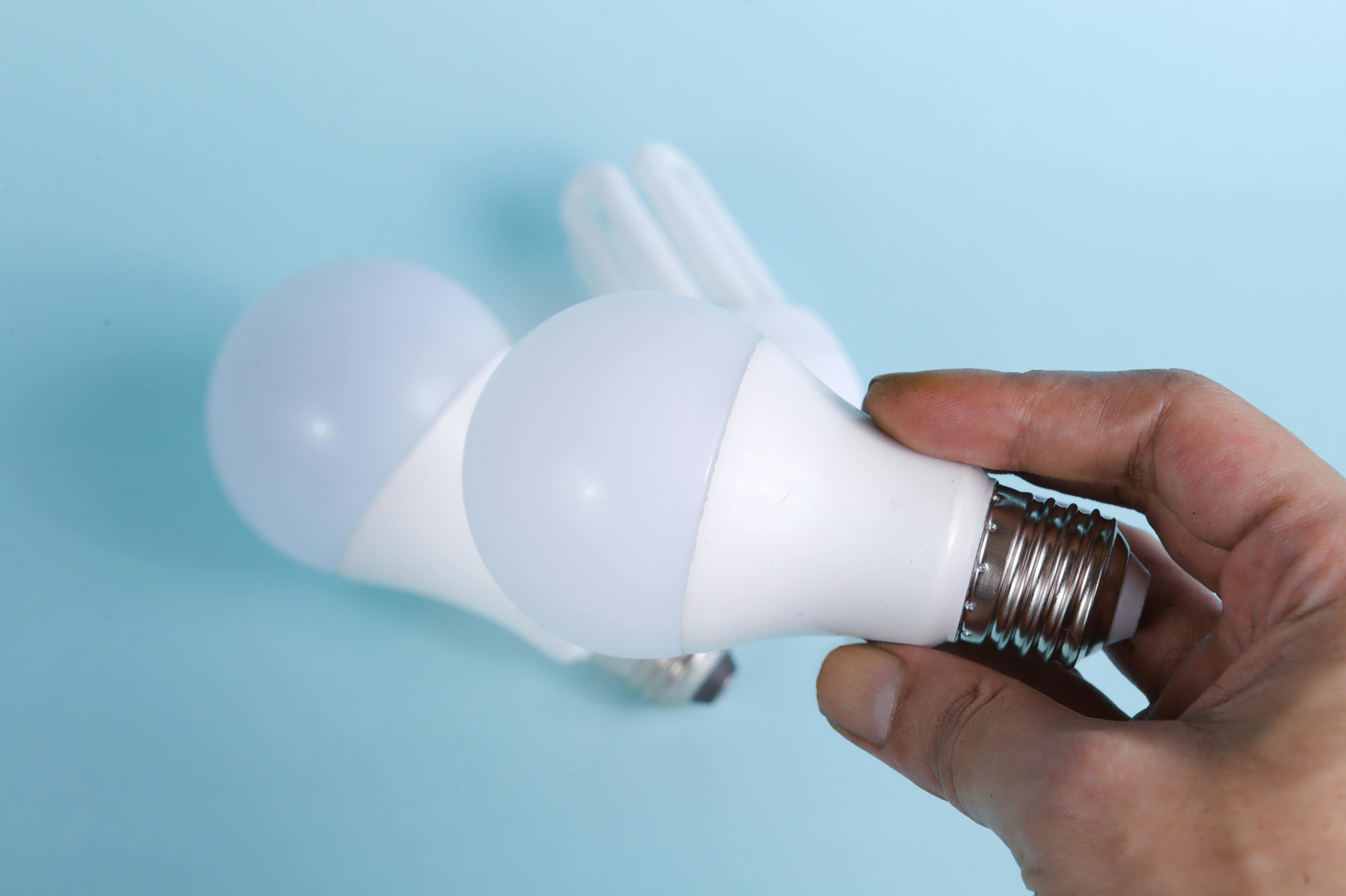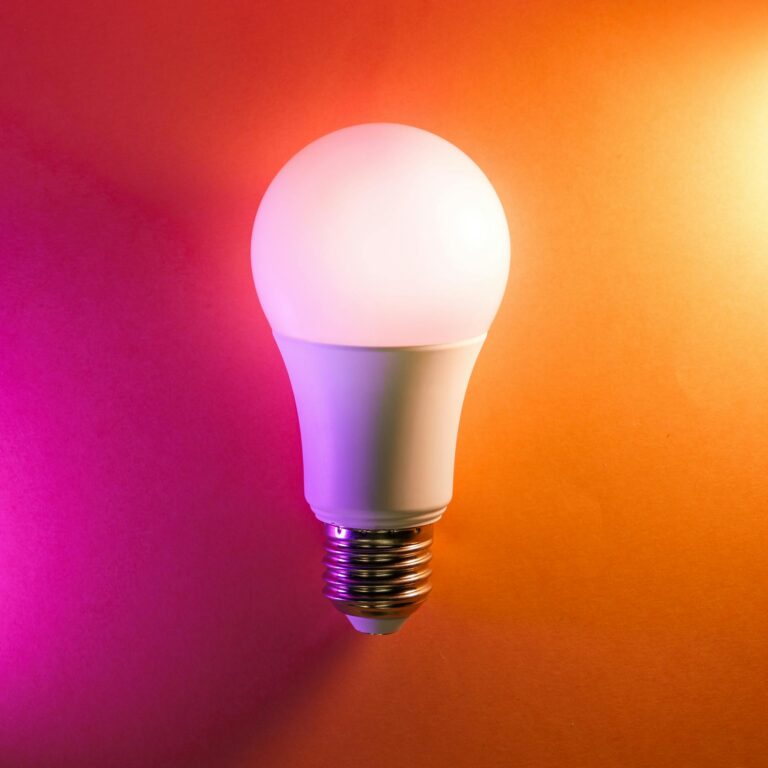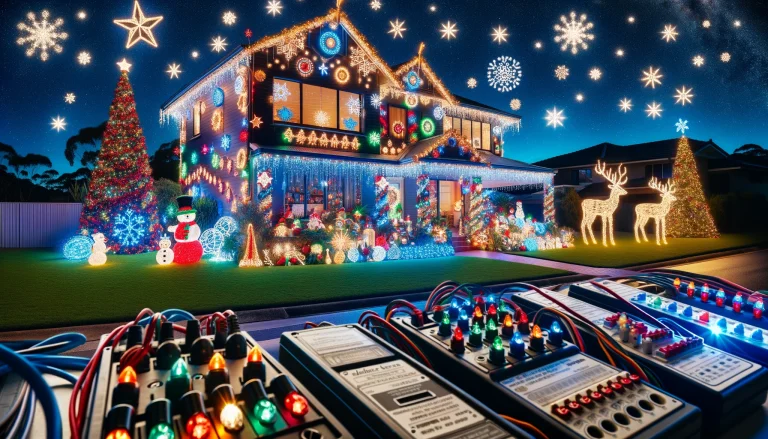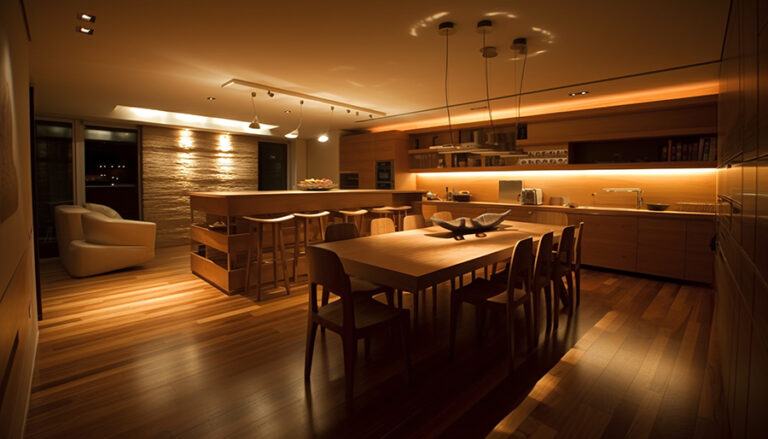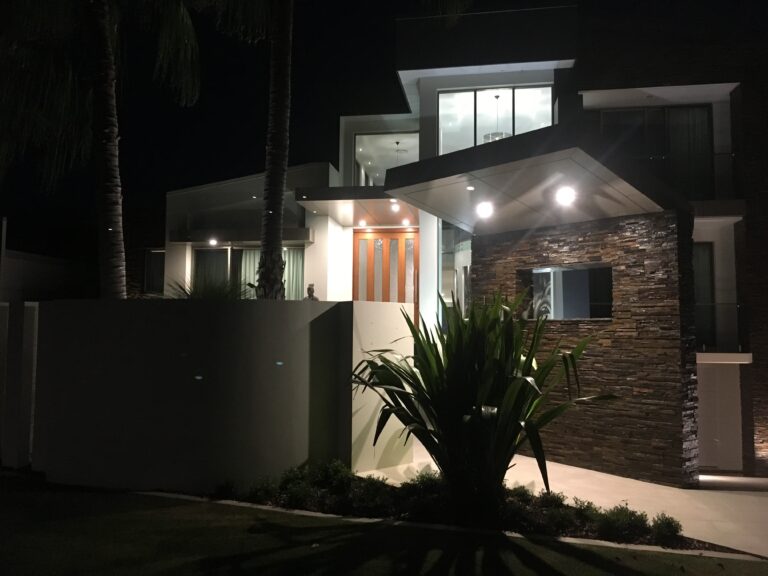Are Flickering LED Lights Dangerous
Only Christmas lights and shop signs should flicker, if anything else does, it might mean trouble.
A flickering light can be annoying when you’re trying to read, do chores, or finish a project. But sometimes, it’s more than just annoying, it can be a sign of a serious electrical problem that could be dangerous for your home.
If your lights keep flickering, especially if you smell something burning, call a licensed electrician right away to check it out.
Should I Be Worried About Flickering Lights?
It’s normal to feel worried when your lights start flickering, especially if you don’t know why it’s happening.
If the flickering doesn’t stop, don’t try to guess the reason, it’s safer to call a licensed electrician to check it out. Sometimes it’s nothing serious, but other times it could be a real problem, like the ones listed below.
The best way to know for sure is to let a professional take a look.
Can Flickering The Lights Start A Fire?
Let’s be clear: a flickering light by itself won’t start a fire but it can be a warning sign of something that might. Sometimes lights flicker because there’s a problem with the electrical wiring.
Wires need to be tightly connected so electricity can flow smoothly. If the connections are loose, they create resistance, which makes heat. And if things get too hot, it can cause a fire.
Get Your Lights CheckedWhat Are Flickering Lights A Sign Of?
Luckily, most flickering lights aren’t dangerous and that means most electrical fires at home can be prevented too.
If you know how to tell the difference between harmless flickering and signs of a serious electrical problem, you can catch issues early before they turn into something bigger.
1) Overloaded Circuit
If your lights start blinking when you turn on big appliances like the washing machine or air conditioner, it might mean your electrical circuit is overloaded.
Each circuit can only handle a certain amount of electricity at a time. If you use too many powerful appliances at once, the circuit gets pushed past its limit that’s when you might notice your lights flickering or dimming. Big appliances use a lot of power when they first start up, which leaves less electricity for your other devices.
To fix this, you can try using those big appliances at different times or better yet, have an electrician upgrade your circuits so they can handle more power.
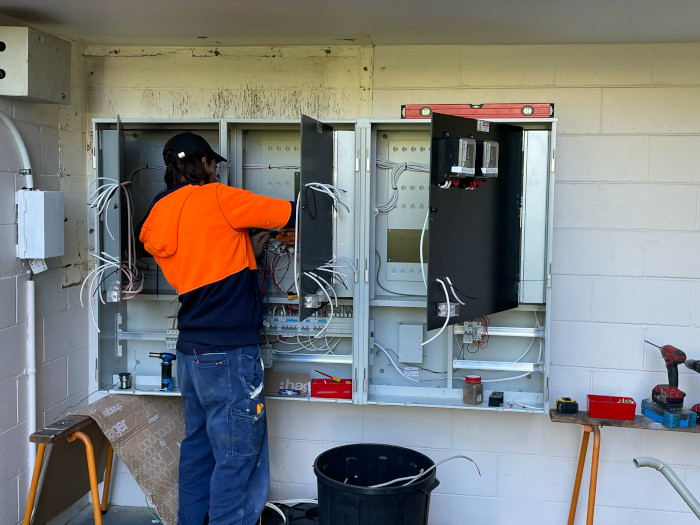
2) Loose And Outdated Electrical Wirings
Electricity always tries to find the fastest way to reach the ground that’s what people mean when they say “path of least resistance.” Sometimes, electricity can “jump” out of the wires it’s supposed to stay in. That’s why good insulation and wiring are so important they keep the electricity where it belongs.
Old, damaged, or loose wires can let electricity escape, which can make your lights flicker. Even worse, it can cause electric shocks or start a fire. Loose connections also create heat, and too much heat can damage your electrical system or cause a fire.
The safest thing to do is call a licensed electrician to check your wiring, especially if you think your home’s wires are old or loose.
3) Voltage Fluctuations
Besides overloaded circuits, changes in voltage can also make your lights flicker. Your lights are built to work with a certain amount of voltage. When the voltage goes up or down too much (called a fluctuation or surge) your lights can start to flicker.
You might notice this if:
- Your lights suddenly get dimmer
- Some appliances stop working but the flickering keeps going
- The lights flicker every time you turn something on
It’s not just low power that causes problems, power surges can send too much electricity through your lights. Usually, circuit breakers and safety devices protect against that, but if flickering keeps happening, something might not be working right.
If you notice your power changing like this, call a licensed electrician to check things out safely.
4) Loose Light Bulb
If you notice that only one light keeps flickering, the problem might just be with that light. First, check the bulb to see if it’s working properly. It might just be loose in the socket. Sometimes lights flicker because the connection isn’t tight, and the bulb isn’t getting steady power.
Try turning off the light switch, wait for the bulb to cool down, and gently tighten it. If that doesn’t fix it, the socket itself might be the problem, and replacing it could help.
Still, it’s safest to call a licensed electrician to handle it. They can make sure everything is working properly and find out if something else is causing the flickering.
5) Faulty Light Switches
If your light switch is old or broken, it should be fixed or replaced right away, especially if it’s not connecting properly to the light. A bad switch can make your lights flicker, but the bigger danger is that it could give you an electric shock.
When the wiring inside a switch is loose, electricity can “leak out,” which can be dangerous for anyone who touches it. You might also notice buzzing, popping, or sizzling sounds, these are warning signs that the switch is faulty and needs to be checked by an electrician.
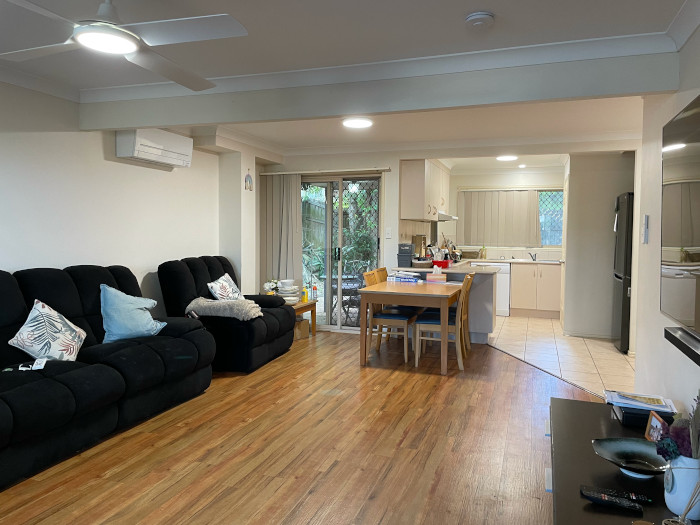
Can Flickering Lights Be Caused By A Bad Breaker?
Yes, sometimes the wires or connectors in your main electrical panel (also called the breaker box) can cause your lights to flicker or blink.
If you ever hear a buzzing sound coming from your circuit breaker, turn it off right away and call a licensed electrician to check it. They can safely find out what’s causing the problem.
Need an electrician?How To Fix Led Light Flickering
Sometimes LED lights flicker because of more than one problem at once. Here are some easy thing that you can do:
Check If The Bulb Is Well Connected
If the bulb isn’t screwed in tightly, tightening it should fix the problem. But if it’s already tight, try replacing it with a new bulb, the old one might just be worn out or broken.
And if you’ve done all that and the light still flickers? Don’t worry, there are a few more things you can check.
Is The Dimmer Switch Compatible?
Make sure your LED light is connected to the right kind of dimmer switch.
Some dimmer switches don’t work well with LED lights and can make them flicker. To stop this, use a dimmer that’s made for LEDs. Also, check that the dimmer can handle the amount of power your LED lights need.
Get High-Quality Lights
Switching to good-quality LED bulbs and fixtures can really help and the best part is, they’re not that expensive for how long they last.
High-quality LEDs are made with better parts and are designed to get rid of heat more easily, which means they flicker less. Cheaper LEDs often use low-quality parts that can cause flickering. Sometimes, you can even spot the problem if one of the parts inside (called a capacitor) looks swollen.
Replacing the light with a stronger, better-made LED helps the power flow smoothly, so your light stays steady and bright.
Talk To A Professional
If your lights are still flickering, the problem might be voltage changes or faulty wiring. That’s not something you should try to fix on your own, so it’s best to call a professional electrician.
They can check if you need extra electrical work or maybe even a switchboard upgrade to stop the problem for good. An electrician can also spot hidden issues in your wiring or circuits, the kind that could cause bigger problems than just flickering lights.

Do You Have Issues With Flickering Lights?
Flickering or poor-quality lights aren’t just annoying, they can also be a sign of electrical problems in your home. Keep your home or business safe by calling a licensed and experienced local electrician to make sure everything is working the way it should.
The ALLEC team works across Ipswich and can handle all kinds of electrical jobs, big or small, including fixing your lighting.
Make your lighting safe, bright, and reliable with ALLEC.
FAQ
How Do I Stop My LED Lights From Flickering?
To stop your LED lights from flickering, first make sure the bulb is screwed in tightly. Next, check if the bulb itself is working and if the dimmer switch is the right type for LEDs. If the lights are still flickering after that, call a licensed electrician to check your wiring and voltage safely.
What Causes LED Lights To Flicker?
LED lights can flicker for a few reasons, like a faulty bulb, loose wiring, changes in voltage, or problems in the circuit. An old or incompatible dimmer switch connected to the light can also make it flicker.
Do LED Lights Flicker When Burning Out?
Usually, flickering isn’t caused by a bulb burning out. Some LED lights might get dimmer as they get older, but flickering is a different problem that isn’t related to the bulb’s age.
Are Flickering LED Lights Dangerous?
Flickering LED lights can be dangerous if the cause is bad wiring or loose connections. These problems can lead to electric shocks or even start a fire.

